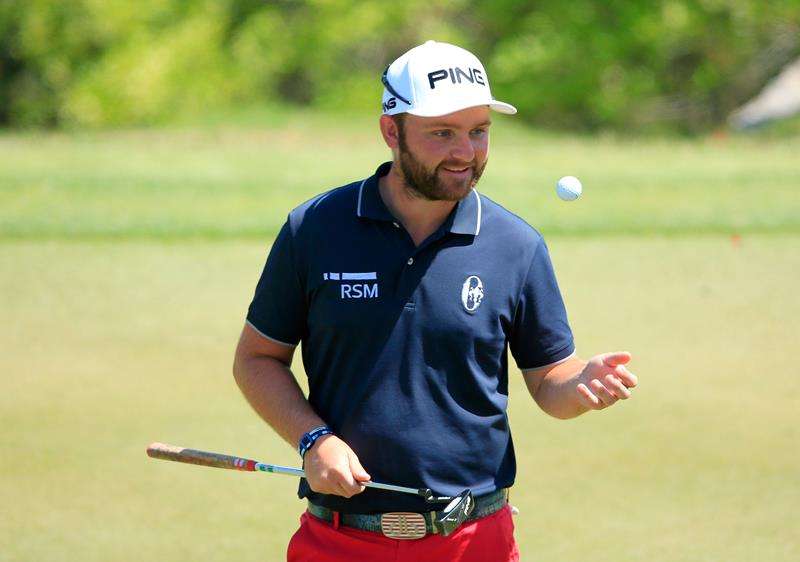Features
England’s lottery lads looking like golden generation

(Photo by Getty Images)
by Alistair Tait
Andy Sullivan will make his Masters debut this year. Danny Willett and Chris Wood will make their second trips to Augusta National, as will Matthew Fitzpatrick, though it is his first as a pro. They are in the vanguard of a golden period for English golf. All have come through England Golf’s Talent Pathway, a programme to develop world-class English players.
The strength of English golf is self-evident. Of the 48 Englishmen with full European Tour cards, 22 are 30 or younger. Most have come through the England Golf system.
English golf received a huge boost in 1999 when the English Golf Union set up its elite system to develop world-class players. Now operating under the banner of England Golf, it draws on funds from Sport England, a body set up in the 1990s that uses money from the UK’s National Lottery to develop and grow sport. England Golf received £11,824,348 from Sport England in 2013 to cover the four years to 2017.
Previously the English Golf Union was funded by money it received from golf clubs, affiliation fees from club members as part of their golf club subscription. That money went only so far when it came to covering the cost of funding English teams to compete internationally.
“The Sport England money was a game-changer,” said Nigel Furniss, who acted as the EGU’s first performance director, in 1999-2005. “The money was intended to produce Olympic athletes, but since golf wasn’t an Olympic sport we focused our attention on developing world-class players. We went from modest funding to being able to spend an average of £20,000 on each player in 1999. It meant we could send players around the world to compete rather than them just playing amateur golf at home. I think the current crop of good young English players is testament to the system’s success.”
Nigel Edwards, a three-time Walker Cup captain for Great Britain & Ireland who since 2011 has served as England’s director of coaching, points to the Englishmen in the Masters as an endorsement of his programme.
“It’s hard to look at a kid like, say, Matthew Fitzpatrick and say he’s going to go on to be a star on the European Tour,” Edwards said. “What we do is give them the best possible chance to develop their games to the highest level. Young players now are so much better developed at age 18 than in my day. They don’t need as long to adjust to the professional game because they’ve been prepared so well in amateur golf.”
Sullivan could have played college golf in America but he chose to stay in the England system. “The education part of college golf didn’t appeal to me,” he said. “Besides, I was pretty much a full-time amateur in the England system. I didn’t need to go to America to develop my game.”
Like Sullivan, 17-year-old Marco Penge had a chance to play college golf. Penge, 84th on the World Amateur Golf Ranking, won last year’s Peter McEvoy Trophy, the Scottish Stroke Play and reached the semi-finals of the British Boys.
“When you look at the English players doing well on the European Tour, they’ve all come through the England Golf system,” Penge said. “That’s one of the main reasons I didn’t go to an American college. Besides, I want to play on the European Tour as soon as possible.”
Therein lies one of the problems of the England system: It’s a victim of its own success.
“Our biggest challenge is the rate at which players turn professional,” Edwards said. “We had 20 players turn professional in a two-year period between the 2013 Walker Cup and the match at Royal Lytham.
“We realise players are going to turn professional, but we want them to turn when they are ready. A lot of players maybe turn pro too soon. They can’t all play on the European Tour.”
True, but the ones who do are making England a force in world golf.
*This article was originally published in TGP on 30 March.
Tagged Alistair Tait





